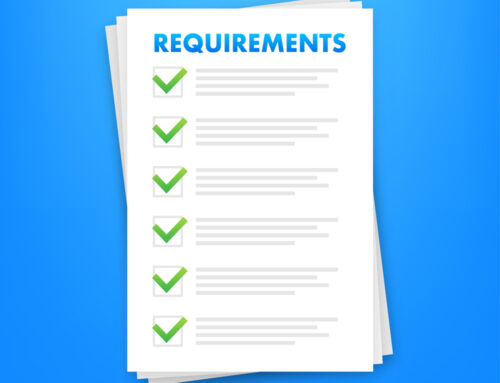 In a recent New York Times op-ed, Jenny Anderson and Rebecca Winthrop highlighted a survey of over 4,000 members of Gen Z in which 49% “said they did not feel prepared for the future.” Additionally, employers have reported that employees from this generation lack many of the key skills necessary to succeed in the workplace.
In a recent New York Times op-ed, Jenny Anderson and Rebecca Winthrop highlighted a survey of over 4,000 members of Gen Z in which 49% “said they did not feel prepared for the future.” Additionally, employers have reported that employees from this generation lack many of the key skills necessary to succeed in the workplace.
In their op-ed, Anderson and Winthrop, authors of The Disengaged Teen: Helping Kids Learn Better, Feel Better, and Live Better, argued, “Many recent graduates aren’t able to set targets, take initiative, figure things out and deal with setbacks — because in school and at home they were too rarely afforded any agency.”
The authors provided data on how few high school students feel they are given agency in school, as well as citing research that shows the positive outcomes that result when schools offer kids more autonomy. They went on to provide suggestions on how teachers and parents can incorporate opportunities for autonomy in the classroom and at home.
At Discovery College Consulting, we aim to give our students significant control over the college search and application process. As we stress to families during our initial consultation, the student is the one who will be going to college, so this needs to be their process and they need to be the one driving it.
For example, when we talk with students about what high school classes they’re going to take and what activities they want to pursue, we focus on their interests and talents. Students may ask us which classes or activities will “look better” on a college application, and we can help them understand what colleges (especially highly selective ones) are looking for and what will make them a more competitive applicant. Yet, we encourage them to make selections based on what they’re interested in, what they’re good at, and how they want to spend their time.
Although we require our students to do homework assignments, we offer them considerable choice in many of those assignments. For example, after completing a majors interest survey and an aptitude assessment, we ask students to pick at least two majors that they’d like to research and learn more about. We then work with them to identify two colleges that offer these majors and create an assignment that enables them to find out the requirements for each major. This research assignment often informs our conversations about courses and activities.
When we make a student’s college list, we reflect on all the assignments the student has done and the conversations we’ve had about what’s important to them in their college search. We review the reflection forms they’ve completed for college visits they’ve done, which asked what they liked and didn’t like about various aspects of a particular college.
We ask them to complete a college search questionnaire that includes questions about their preferences for college size, location, and campus setting; availability of specific majors and extracurricular activities; and the importance of other factors. The final question on this form asks students if there are any colleges they want us to include on their list. If we think a college they requested should not be included (i.e., because it doesn’t meet many of the criteria they specified in the questionnaire), we will discuss that with the student. Otherwise, we will include all of their requested colleges on our list.
After presenting the student’s college list to them and their parents, we ask the student to decide what they want to research at each college on their list. Common research topics include majors of interest, study abroad programs, housing options, extracurricular activities, etc. Once a student decides what they want to research, we teach them how to navigate colleges’ websites to find the information they’re looking for.
As students research colleges and decide where to apply, we strive to help them create a balanced list, including a mix of “very likely,” “likely,” and “reach” schools. Ultimately, though, it is up to the student (and tangentially, their parents) to decide where to apply.
Once students have finalized their college list, we turn our focus to applications and essays. We show students the essay prompts and ask if they have any ideas of what to write about. If they don’t, we engage them in brainstorming exercises. As with classes and activities, students may ask what would make a “better” essay topic. Although there are some topics that are considered taboo, they are few and far between, and our goal is to help students find topics they’re excited about and that they have a lot to say about.
When giving students feedback on their essays, we strive to maintain their voice and not to “over-edit.” Additionally, we recommend that parents refrain from getting involved in their kids’ essays. College admissions counselors can tell when an adult has had a heavy hand in a student’s essay. In fact, the University of Virginia’s Dean of Admission told a group of college consultants this past fall, “If we see a strong essay but nothing else in the application suggests the student is a strong writer, that raises red flags.”
In the spring of senior year, once students have received all of their admissions decisions, some ask to meet with us to discuss their options. In these conversations, we help students reflect on what’s important to them in their college experience and make recommendations for gathering additional information (if needed) and evaluating their choices. We will never tell a student, “I think you should go to this college.” Rather, we aim to help them think critically about their options and come to their own conclusion.
Our approach is designed to help students learn to think and act for themselves because that is what they will need to do in college and beyond.





